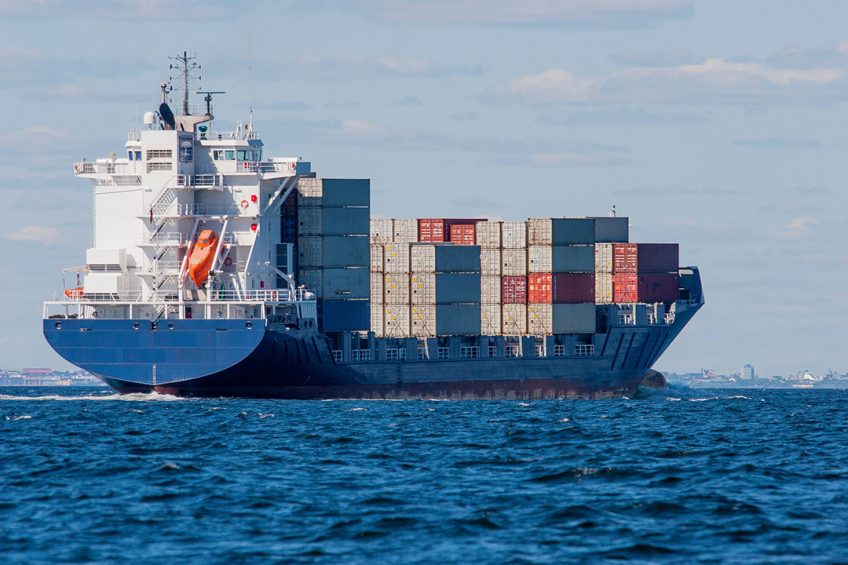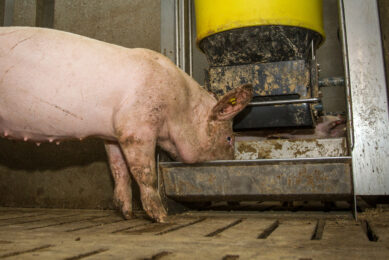Russia: Strong increase of pork exports in Q1

In the first quarter of 2020, Russia exported 36,500 tonnes of pork, 66% more than during the same period of the previous year. That analysis was shared with Pig Progress by Lybov Savkina, commercial director of the Russian analytical agency Emeat.
In comparison to 2019, exports of both frozen pork (+333%) and bacon (+322%) skyrocketed, Savkina said. The major markets for Russian pork were Hong Kong (30% share), Ukraine (28%), Belarus (20%), and Vietnam (14%). Russia exported pork worth US$ 58.8 million at an average price of US$ 1.61/kg.
Different pork products to different countries
Russian companies exported different products to different countries, resulting in a disparity between the supplies’ value and the volume of supplies, Savkina said. For example, in monetary terms, Hong Kong accounted for only 19% of Russia’s pork exports. She explained, “Hong Kong is the main consumer of pork legs, ears, cartilage, tails, aortas, and other offal, the cost of which is much lower than that of the pork cuts.
The growing export is a result of falling prices. “In 2019, the average price of pork of the Russian origin went down by 8%, and a further decrease of 10% is anticipated in 2020”, according to Savkina. “Russian companies began promoting their products overseas since they had fully met the demand in Russia.”
Export growth may accelerate
In the last 3 years, Russian pork exports, including by-products, have doubled, Albert Davleyev, president of the Russian consulting agency Agrifood Strategies, told Pig Progress. One of the major reasons for that is an increasing number of export destinations after negotiations conducted by the Federal Veterinary Surveillance Service, or Rosselhoznadzor, he said.
Davylev added, “A breakthrough was the opening of Vietnam in December of 2019. Along with supplies to Hong Kong, Russian pork in Vietnam is processed for further sales in China, which still experiences a big shortage of this product.
Pork price decline due to new facilities
“Another reason is the growing consumption of Russian pork in Eastern Ukraine. And the third one is a decline in prices registered in Russia at the end the last year and the first quarter of 2020, mostly due to the oversupply in the market due to the launch of new finishing and processing facilities.”
He concluded, “The coronavirus pandemic has limited the export capacity of Russian pork producers primarily due to the disruption of trade and logistical channels. However, along with the reopening of wholesale trade and foodservice as a result of lifting the quarantine measures in key target markets, Russian pork exports are set to grow at record rates in the last decade and may more than double by the end of the year.”












